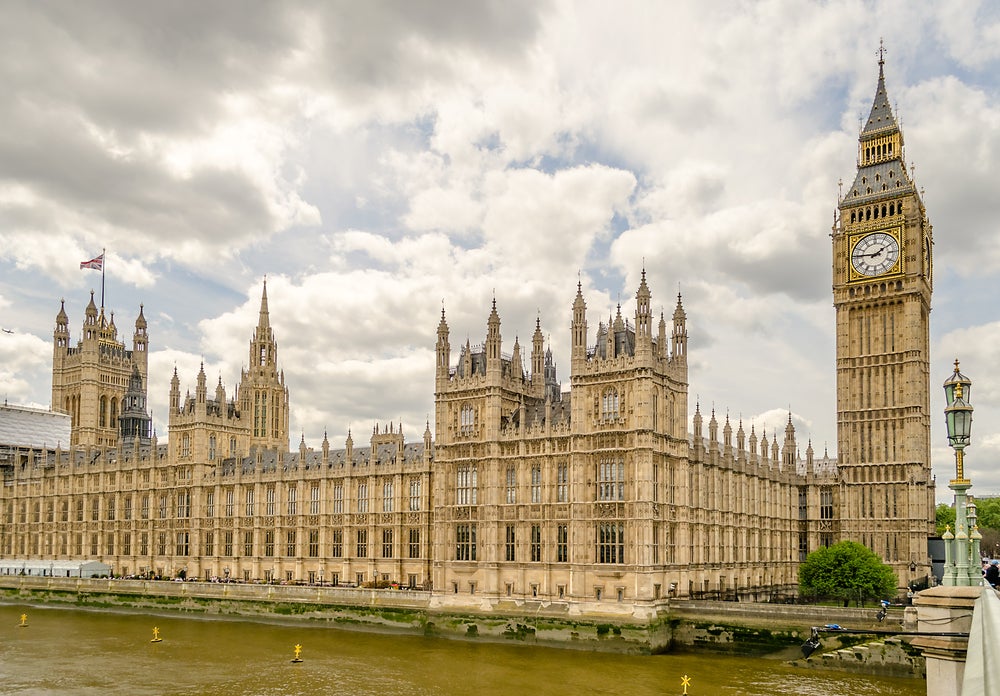
The “growing phenomenon of fake news” is to be the subject of a parliamentary inquiry.
The Culture, Media and Sport Committee is launching the probe into the “widespread dissemination, through social media and the internet, and acceptance as fact of stories of uncertain provenance or accuracy” on Monday.
Explaining the reason for the inquiry, the committee noted concerns over people being fed propaganda and untruths from non-traditional news sources.
The fear has been strengthened by suggestions that voters in the 2016 US presidential election were subjected to “possibly unprecedented” amounts of fake news, the committee said.
Damian Collins, chairman of the committee, said the trend was “a threat to democracy and undermines confidence in the media in general”.
The Conservative MP for Folkestone and Hythe said: “Just as major tech companies have accepted they have a social responsibility to combat piracy online and the illegal sharing of content, they also need to help address the spreading of fake news on social media platforms
“Consumers should also be given new tools to help them assess the origin and likely veracity of news stories they read online.
“The committee will be investigating these issues as well as looking into the sources of fake news, what motivates people to spread it and how it has been used around elections and other important political debates.”
The group of cross-party MPs will look at whether changes in the selling and placing of advertising have encouraged the growth of fake news, and the responsibilities of search engines and social media sites in curtailing its spread.
The committee has called for submissions:
- “What is ‘fake news’? Where does biased but legitimate commentary shade into propaganda and lies?
- “What impact has fake news on public understanding of the world, and also on the public response to traditional journalism? If all views are equally valid, does objectivity and balance lose all value?
- “Is there any difference in the way people of different ages, social backgrounds, genders etc use and respond to fake news?
- “Have changes in the selling and placing of advertising encouraged the growth of fake news, for example by making it profitable to use fake news to attract more hits to websites, and thus more income from advertisers?
- “What responsibilities do search engines and social media platforms have, particularly those which are accessible to young people? Is it viable to use computer-generated algorithms to root out ‘fake news’ from genuine reporting?
- “How can we educate people in how to assess and use different sources of news?
- “Are there differences between the UK and other countries in the degree to which people accept ‘fake news’, given our tradition of public service broadcasting and newspaper readership?
- “How have other governments responded to fake news?”
Email pged@pressgazette.co.uk to point out mistakes, provide story tips or send in a letter for publication on our "Letters Page" blog
